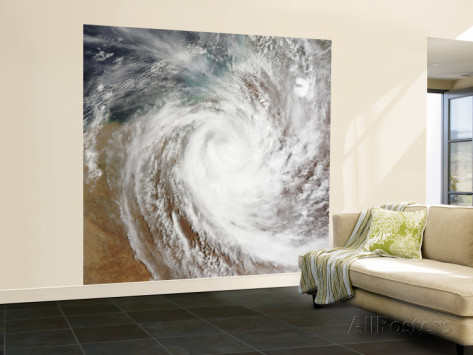Georgiana Molloy, Botanical Networks and Naming in 19th Century Western Australia
DOI:
https://doi.org/10.60162/swamphen.5.10625Keywords:
Environmental literary criticism, deep time, Aboriginal cultureAbstract
In her book Through Other Continents: American Literature through Deep Time (Princeton UP, 2006), Wai Chee Dimock argues for a new approach to envisaging nations and their literary productions. Rather than perceiving a nation’s literary output as coterminous with its history, one could conceive of it as ‘a criss-crossing set of pathways, open-ended and ever-multiplying, weaving in and out of other geographies, other languages and cultures’. Dimock refers to this ‘tangle of relations’ as ‘deep time’—not bound by definitive dates such 1788, when Arthur Phillip jammed a pole in the sand of Port Jackson—but stretching across several temporalities and geographies.
If time is conceptualised not as a linear progression, but as ‘a structure of evolving relations’, then new interpretative frameworks such as capitalism, world religions, or the morphology of langauge are needed to understand developments in earth’s history. This essay proposes one more means of understanding time: botany and the naming of plants. Specifically, it focuses upon the networks formed by Georgiana Molloy, who emigrated from Carlisle, England, to south west Western Australia in 1829.
Molloy began collecting specimens and seeds for amateur botanist Captain James Mangles of London in 1837. As she was often weighed down by domestic labour, she requisitioned Noongars, soldiers, her children, and her husband in her collecting efforts. When her seeds were sent to England, Mangles distributed them among his botanical networks. Meanwhile, Molloy solicited the names for the plants she found from Mangles and Noongars alike.
The web of relations created by exchanging seeds and words within the south west, between England and Australia, and between white and Aboriginal people, disrupts the notion that Australia’s history and literature is coterminous with English settlement. It also defies the concept that Australia is a nation defined by its coastline. Rather, it is a country brought into our consciousness through networks which stretch beyond these coasts through the dispersal of, among other things, plants and their names.
Downloads
Published
Issue
Section
License
Authors who publish with this journal agree to the following terms:- Authors retain copyright and grant the journal right of first publication with the work simultaneously licensed under a Creative Commons Attribution License that allows others to share the work with an acknowledgement of the work's authorship and initial publication in this journal.
- Authors are able to enter into separate, additional contractual arrangements for the non-exclusive distribution of the journal's published version of the work (e.g., post it to an institutional repository or publish it in a book), with an acknowledgement of its initial publication in this journal.
- Authors are permitted and encouraged to post their work online (e.g., in institutional repositories or on their website) prior to and during the submission process, as it can lead to productive exchanges, as well as earlier and greater citation of published work (See The Effect of Open Access).

